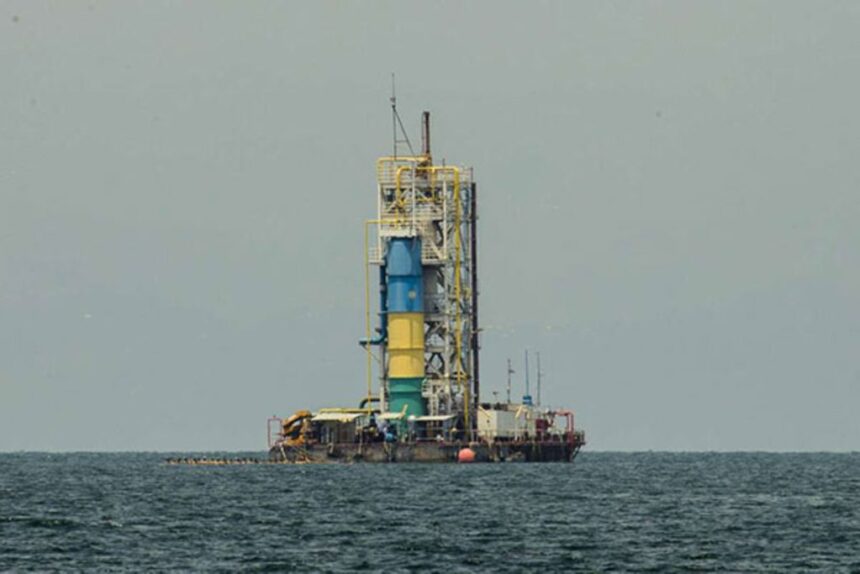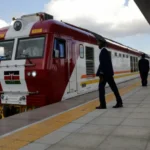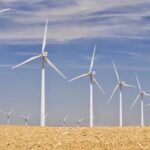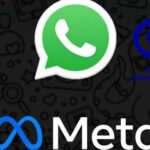Rwanda has officially announced its first oil discovery in Lake Kivu, confirming the presence of 13 reservoirs within the lake, which borders the Democratic Republic of Congo (DRC).
The discovery, revealed by the Rwanda Mines, Petroleum and Gas Board (RMB), aligns with Rwanda’s strategy to diversify its economy, which has traditionally relied on agriculture, tourism, and mineral exports.
Francis Kamanzi, CEO of RMB, expressed optimism about uncovering more reserves, citing notable findings in neighboring Uganda and the DRC within the Great Lakes region. A 2021–2022 2D seismic survey highlighted the potential for hydrocarbon resources in the Lake Kivu basin, identifying 13 structural pockets and potential drilling locations.
The survey also confirmed the lake’s deep thickness of 3.5 kilometers, suggesting further opportunities for exploration and extraction.
- Advertisement -
Although Rwanda currently imports all its petroleum products, this discovery could position the country among Africa’s oil-producing nations, like Nigeria and Algeria.
In addition to oil, Lake Kivu is already being tapped for its methane gas. In 2021, Rwanda signed a $400 million agreement with Gasmeth Energy to process methane into compressed natural gas for cooking, industrial use, and transportation.
Rwanda’s growing extractive industries, which currently contribute 2% to its GDP, have already made significant contributions to global mineral markets. In 2022, the country accounted for 31% of the world’s tungsten exports, 14% of global tin exports, and 5% of niobium, tantalum, and vanadium exports. Gold exports alone were valued at $555.7 million that year.
Despite ongoing tensions in eastern DRC, where Rwanda-backed M23 rebels have affected stability, both countries have maintained discussions on the joint exploration of Lake Kivu. A cooperative agreement signed in 2017 underscores their commitment to managing cross-border hydrocarbon resources.
With growing confidence in its hydrocarbon potential, Rwanda is inviting investors to participate in further exploration, aiming to unlock the lake’s full resource potential and transform its economy.










